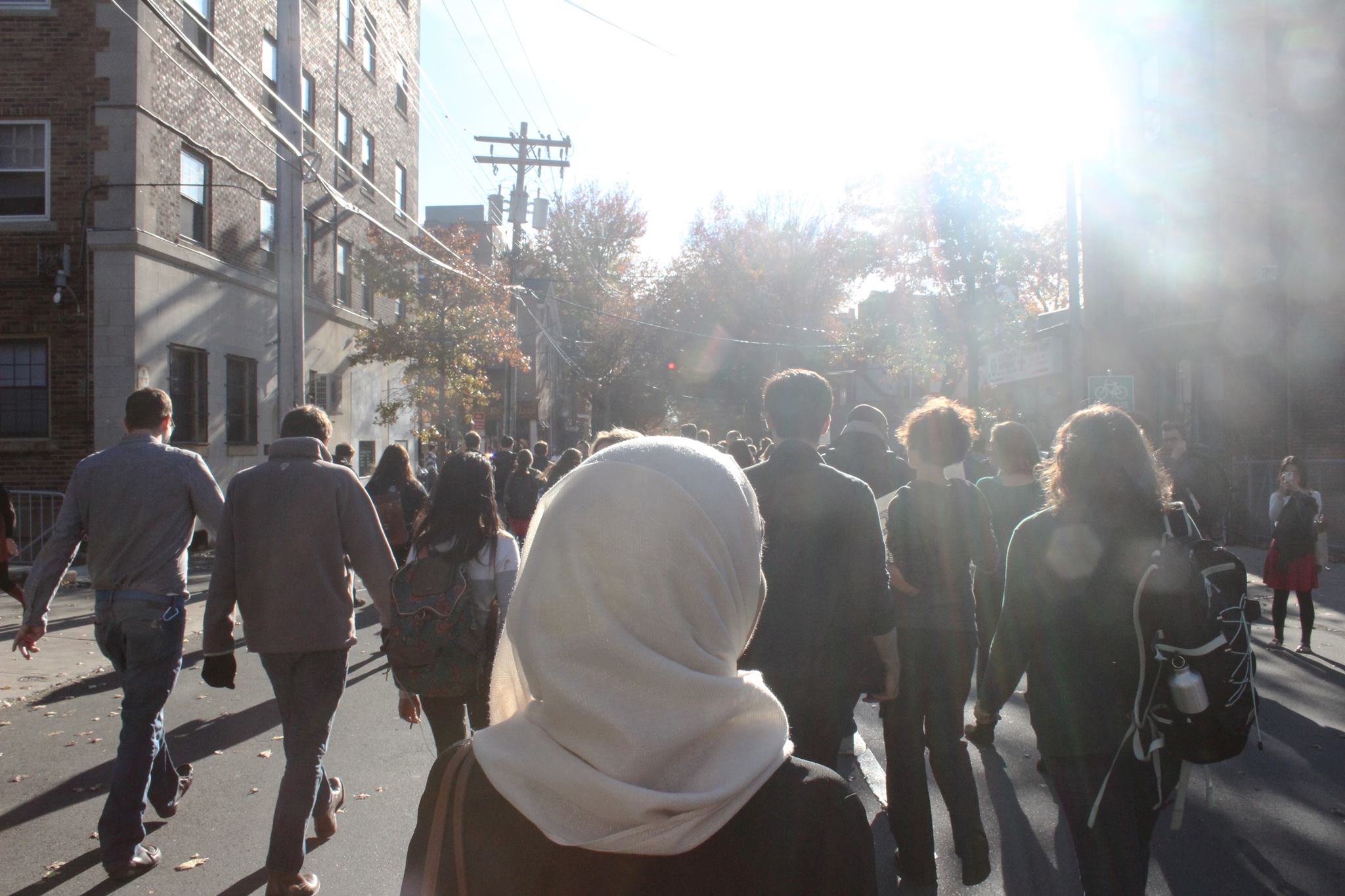by Janine Comrie
“The thing to me that is remarkable about [Black] history, about who we are, about how we have conducted ourselves in the onslaught of history, is to maintain the core of our dignity […] That is really the ultimate call of grace.” – Carrie Mae Weems
On September 9th and 10th, the University Theater at Yale will present Carrie Mae Weems’s Grace Notes: Reflections for Now, a theatrical multimedia performance with a distinctive approach to the subject of social justice.
Weems was inspired to produce Grace Notes following a white supremacist shooting that took place in 2015 at the Mother Emanuel African Methodist Episcopal Church in Charleston, South Carolina. At a funeral for Pastor and U.S. Senator Clementa Pinckney, one of the nine victims, President Barack Obama sang “Amazing Grace” with the AME congregation. This was the spark that led to Grace Notes.
Through Grace Notes, Weems conveys the psychological strain such events cause in African American communities. While analyzing the aftermath of the shooting, she was especially struck by how families of the victims responded: they forgave the man who committed the shooting.
“How they responded was through grace and human dignity,” she told the Charleston City Paper. Grace Notes illustrates how peaceful gestures like these create a sense of shared dignity. Weems defines grace as nonaggressive reaction to hostility that shows both diplomacy and dedication to their own community.
Because the work is complex, representing subtle aspects of the fight for social justice, Grace Notes incorporates a number of art forms. It is not simply a play, but a multimedia presentation featuring video, spoken word poetry, stepping, music and narrative. The cast is made up of established artists and performers from each discipline.
Weems has sought to preserve the individuality of each artist throughout the presentation. For example, she asked singers who perform simultaneously not to seek perfect harmony, but to each perform their song in their own styles. Such details add texture to the performance and convey the personal confidence that grace instills.
The abstracted minimalist images in the presentation highlight its symbolic nature. According to Weems, the work “[distills specific conflicts] down to their essence.” This way, the approach to diplomacy proposed by Grace Notes can apply to a variety of contexts.
By presenting grace as a basis for both willpower and sensitivity, Weems suggests that it enables people to open themselves to diplomatic solutions. However, achieving a balance between personal pride and compromise is by no means simple. Weems has admitted that African Americans who pursue resolutions peacefully sometimes forgive so quickly that no real progress is achieved.
“It’s like the contradiction of it all […] That yes, you give, you’re responsible, but you must take care of yourself […] But you can’t only be selfish. So you’re constantly trying to figure out where the balances are in your life,” she explained.
In defying artistic traditions, Weems urges viewers to be daring as well, and to contemplate realities that may cause discomfort. She hopes her audience will challenge modern habits to yield tangible progress towards social justice. This September, she presents this endeavor to Yale students – so they too may assess her “reflections for now.”


